Hôm nay, 30/7, Chương trình Phát triển Liên hợp quốc (UNDP) phối hợp với Cục Lâm nghiệp tổ chức hội thảo rà soát mức độ sẵn sàng thực hiện quy định về chống phá rừng của Liên minh châu Âu (gọi tắt là EUDR) cho ngành cà phê và gỗ ở Việt Nam.
Mục đích của hội thảo là cập nhật những thông tin mới nhất về EUDR và thảo luận về kết quả rà soát, đánh giá mức độ sẵn sàng thực hiện EUDR được tiến hành ở cả cấp quốc gia và cấp tỉnh.
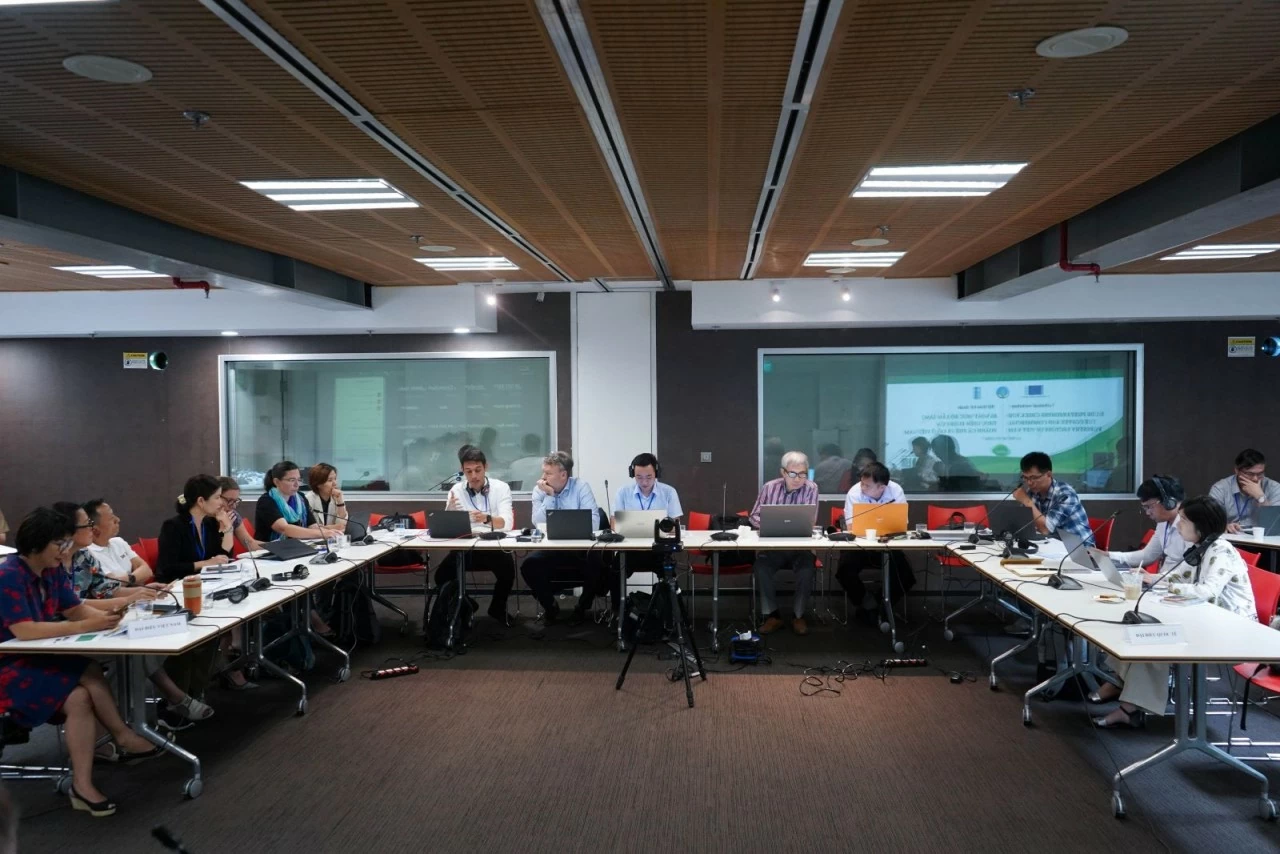 |
| Các đại biểu tham dự Hội thảo rà soát mức độ sẵn sàng thực hiện quy định về chống phá rừng của Liên minh châu Âu (EUDR) cho ngành cà phê và gỗ ở Việt Nam. (Nguồn: UNDP) |
| Quy định EUDR, có hiệu lực vào ngày 29/6/2023, quy định rằng các sản phẩm được đưa vào hoặc xuất khẩu từ thị trường châu Âu phải có thể truy xuất được nguồn gốc, không phá rừng và được sản xuất hợp pháp. Các công ty lớn hơn nhập khẩu các mặt hàng này vào châu Âu phải tuân thủ EUDR từ ngày 30/12/2024, trong khi các doanh nghiệp vừa và nhỏ (SME) phải tuân thủ từ ngày ngày 30/6/2025. |
Bộ Nông nghiệp và Phát triển nông thôn (MARD) cùng các bên liên quan tại Việt Nam đã chủ động thích ứng với EUDR thông qua xây dựng và ban hành Khung Kế hoạch hành động nhằm tuân thủ quy định này. Khung hành động này cung cấp hướng dẫn toàn diện cho các tổ chức cấp quốc gia và cấp tỉnh, đảm bảo các hành động thiết thực được thực hiện để hỗ trợ các quy trình thẩm định.
Hội thảo nêu bật những nỗ lực của Việt Nam trong tiến trình thực hiện EUDR, đặc biệt là trong lĩnh vực cà phê và gỗ, đồng thời cung cấp thông tin thực tế hỗ trợ cho các kế hoạch hành động theo các yêu cầu của quy định EUDR.
Bên cạnh thảo luận về chia sẻ dữ liệu, các phương pháp phân tích, tính hợp pháp và hỗ trợ các nông hộ nhỏ, các đại biểu đã trao đổi về kinh nghiệm của một số quốc gia. Chẳng hạn, hệ thống mã nông hộ quốc gia của Peru bao gồm các điểm GPS cho hơn 2 triệu nông dân đã đăng ký, với mục tiêu thu thập 500.000 định vị đa giác vào tháng 12/2024 cho các nhà sản xuất cà phê và ca cao. Nông dân sử dụng ứng dụng tự mô tả để thêm thông tin về quyền sử dụng đất, năm trồng và dữ liệu sản xuất, hỗ trợ các hệ thống truy xuất nguồn gốc trong tương lai.
Nền tảng quốc gia SatuData của Indonesia cung cấp nhiều bản đồ sử dụng đất và sự thay đổi của đất, được liên kết với một trang web truy xuất nguồn gốc mới cho dầu cọ, giúp các bên truy cập dữ liệu và phương pháp này cho mục đích giải trình.
Bờ Biển Ngà và Ghana đều đã thiết lập các hệ thống truy xuất nguồn gốc ca cao quốc gia với mã nông hộ và định vị đa giác các vườn ca cao, hỗ trợ kiểm soát chất lượng, dịch vụ khuyến nông và kiểm tra tuân thủ thông qua thông tin chuỗi lưu ký được số hóa.
Tại Ecuador và Costa Rica, UNDP đã hợp tác với Lavazza và Silva Cacao để thí điểm sản xuất cà phê và ca cao bền vững, không phá rừng. Sáng kiến này bao gồm việc lập một kế hoạch toàn diện về truy xuất nguồn gốc, thực hiện các chính sách quốc gia về không gây mất rừng, thiết lập các thỏa thuận thương mại, đảm bảo giá cả công bằng cho nông dân và thúc đẩy các hoạt động bền vững.
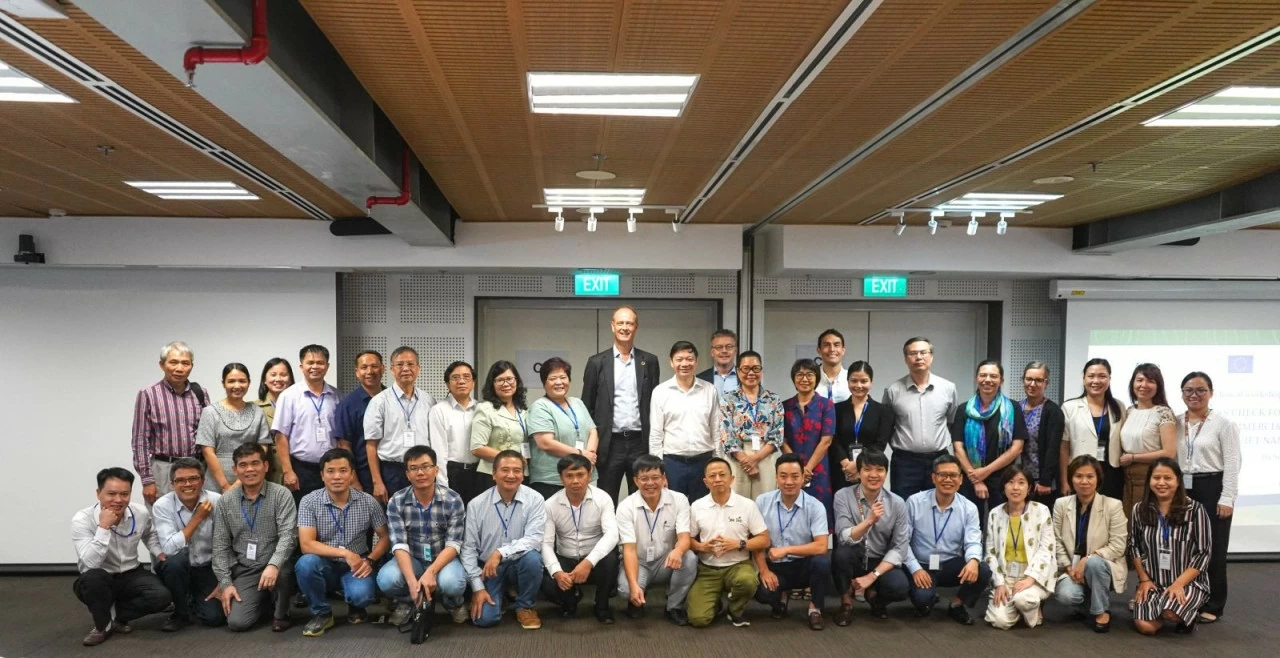 |
| Hội thảo là hoạt động của dự án “Quản lý cảnh quan bền vững toàn diện thông qua cách tiếp cận địa bàn phát triển bền vững không gây mất rừng tại Lâm Đồng và Đắk Nông, Việt Nam” (dự án iLandscape) do Liên minh châu Âu tài trợ. (Nguồn: UNDP) |
Ông Patrick Haverman, Phó Trưởng đại diện thường trú của UNDP Việt Nam cho biết: “Những phát hiện của đánh giá độ sẵn sàng sẽ cung cấp thông tin cho các chiến lược và hành động, đảm bảo rằng Việt Nam vẫn là quốc gia đi đầu trong sản xuất bền vững và không gây mất rừng”.
Theo ông, “trước hết, việc chia sẻ dữ liệu và bản đồ là điều cần thiết. Chúng ta cần thiết lập các giao thức rõ ràng về cách chính phủ sẽ chia sẻ dữ liệu và bản đồ với các bên, bao gồm các nền tảng sẽ được sử dụng và các loại dữ liệu có thể được chia sẻ.
Thứ hai, chúng ta cần phát triển các phương pháp phân tích định nghĩa rừng, không mất rừng và phân tích rủi ro.
Thứ ba, việc phân tích tính hợp pháp cũng quan trọng không kém, và cuối cùng, chúng ta phải tập trung vào việc hỗ trợ các hộ nhỏ đang đối mặt với nhiều thách thức. Điều quan trọng là phải cung cấp cho các hộ nhỏ các nguồn lực và kiến thức cần thiết để tuân thủ các tiêu chuẩn EUDR mà không ảnh hưởng quá mức đến sinh kế của họ”.
Kết luận hội thảo, ông Trần Quang Bảo, Cục trưởng Cục Lâm nghiệp nhấn mạnh, đây là thời điểm mà quy định EUDR đang đến rất gần, trong đó ngành gỗ và cà phê cùng với cao su là 3 ngành hàng của Việt Nam bị tác động lớn nhất.
Để thực thi EUDR tại Việt Nam, ngoài các quy định chính sách về đất đai, về phát triển nông, lâm nghiệp bền vững theo chuỗi giá trị đáp ứng các tiêu chuẩn, yêu cầu của thị trường trong nước và xuất khẩu đòi hỏi năng lực quản lý và cách tiếp cận liên ngành và đồng bộ của các cơ quan quản lý, các bên liên quan cũng như sự tham gia của các doanh nghiệp, đơn vị cung ứng và các nông hộ, cộng đồng.
| Hội thảo là một trong những hoạt động của dự án “Quản lý cảnh quan bền vững toàn diện thông qua cách tiếp cận địa bàn phát triển bền vững không gây mất rừng tại Lâm Đồng và Đắk Nông, Việt Nam” (dự án iLandscape) do Liên minh châu Âu tài trợ. |
Nguồn: https://baoquocte.vn/viet-nam-no-luc-thuc-hien-eudr-trong-nganh-ca-phe-va-go-280735.html










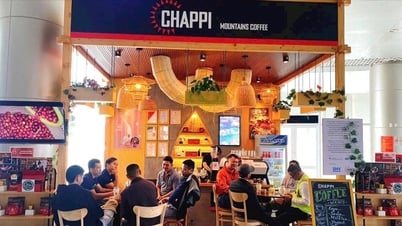

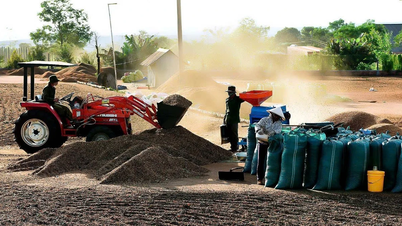

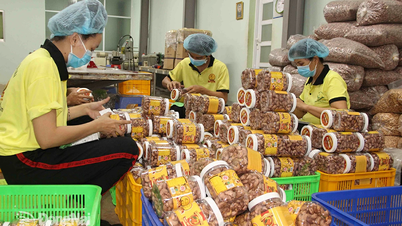

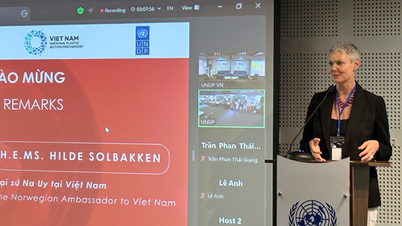

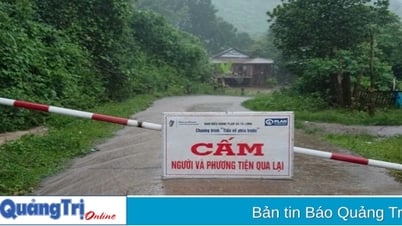

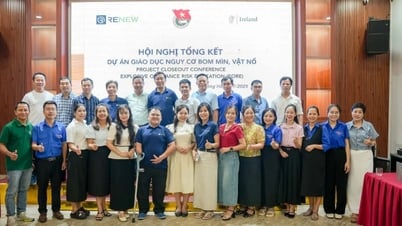

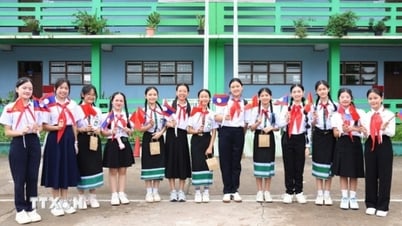

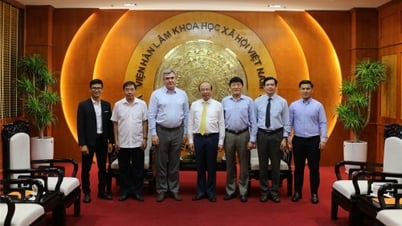

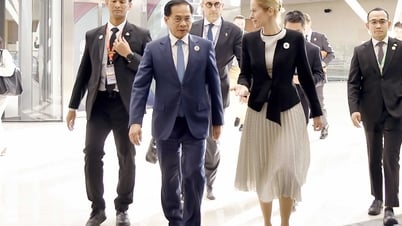




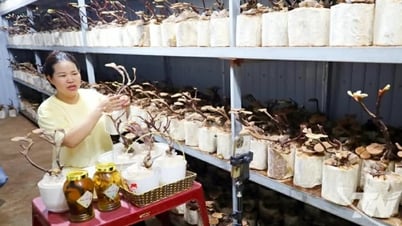


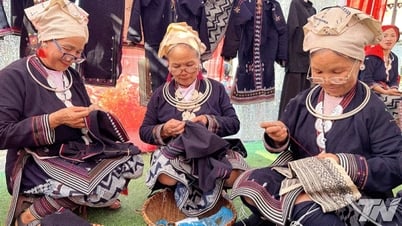





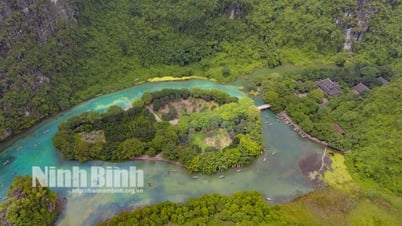





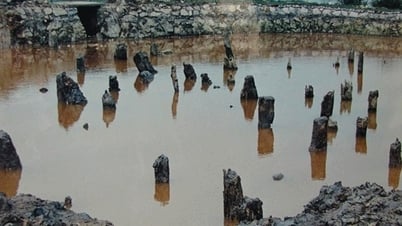

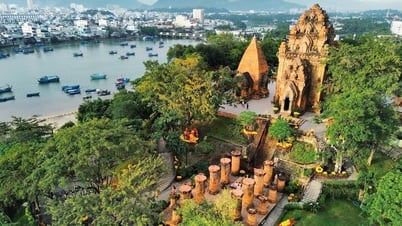
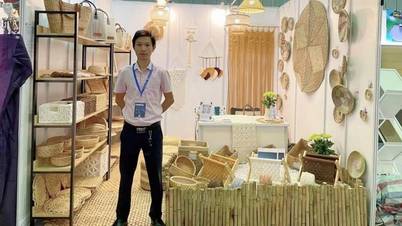
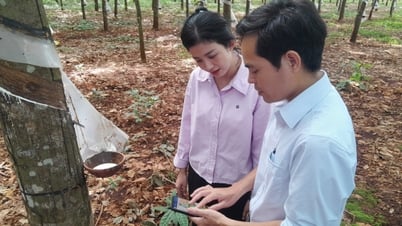



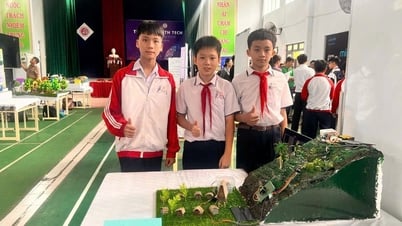


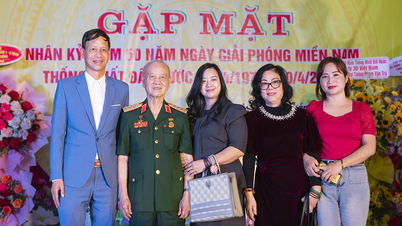



















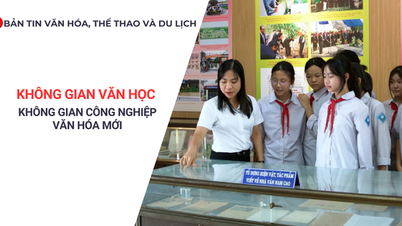
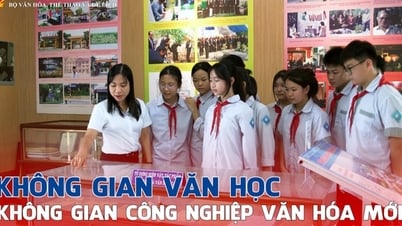
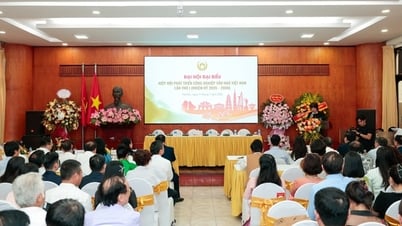

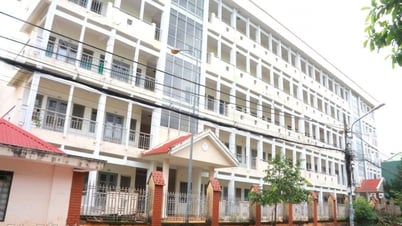





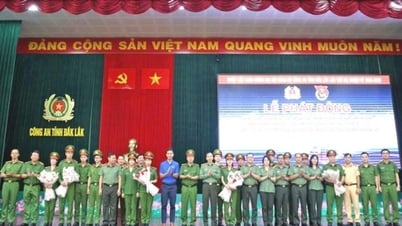

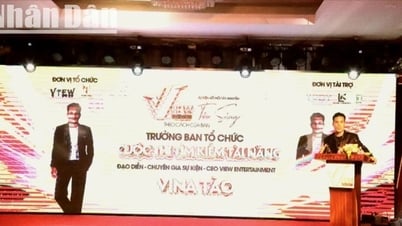














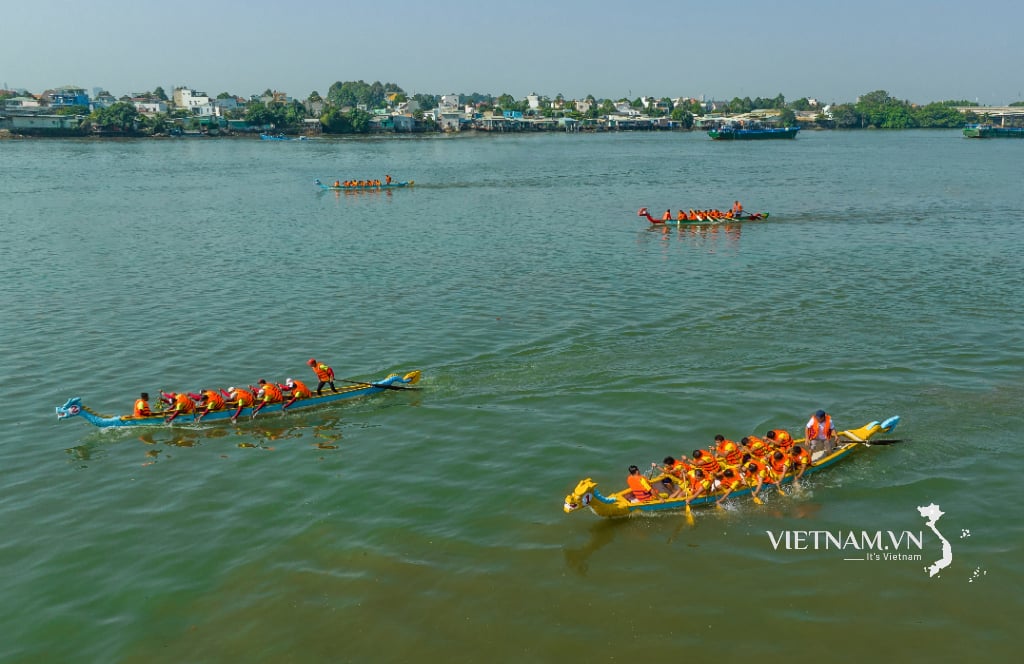
Bình luận (0)